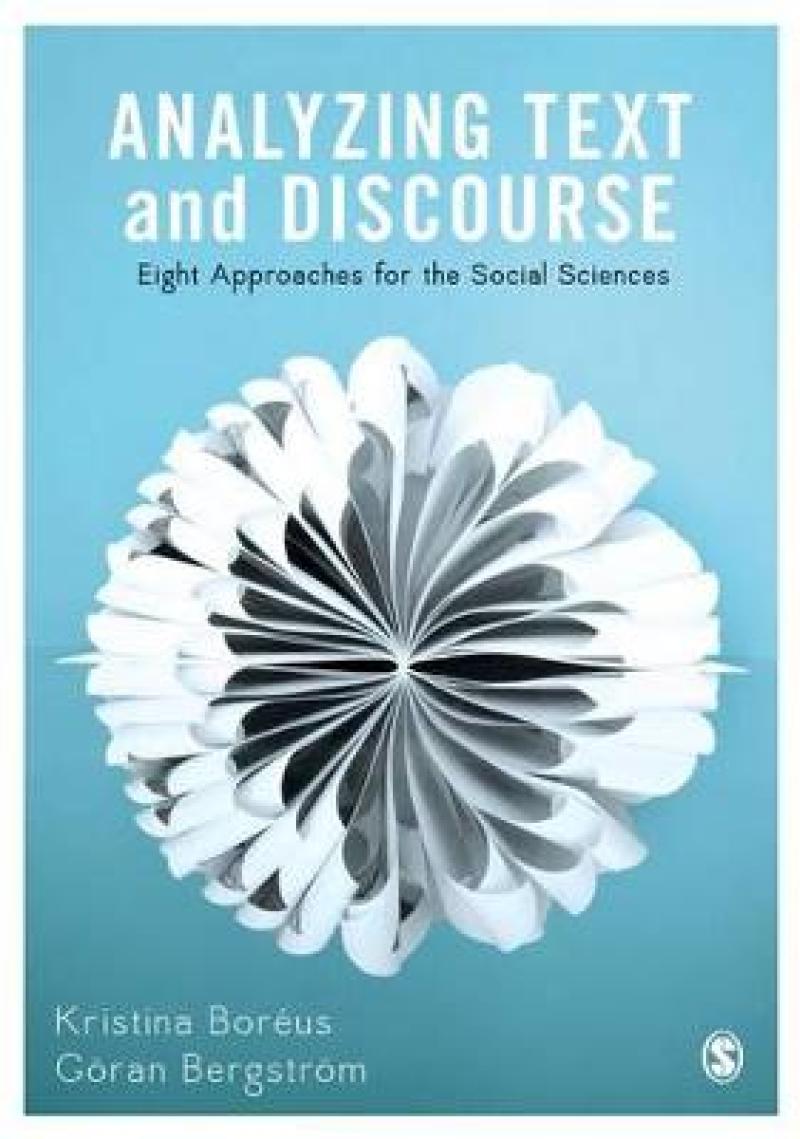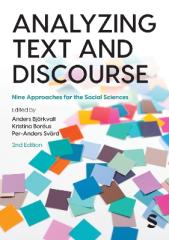This book is an essential resource for students and researchers who need to work with texts: social scientists will appreciate the detailed guide to analytical approaches and traditions that could be used to explore social issues, while readers interested in language and discourse will develop a clear understanding of how to expose the formative and constitutive role language plays in our social reality.<br />
- Erika Darics,
<p>This is a book for people who want to think seriously about text analysis before they start doing it. With a broad focus spanning all aspects of this important topic, it shows you what to do and what not to do—and why.</p>
- Michael Laver,
A unique anthology of textual analysis methodologies, this book offers a thorough introduction to the key approaches and the tools students need to implement them.
Every chapter contains not just the theory behind each methodology, but also its advantages and disadvantages, its problems with ontology and language, and its relationship to studying social phenomenon. Through contemporary and relatable real-world worked examples, the book illustrates different contexts in which a methodology has been successfully used and allows students to see the methods in action and extrapolate the techniques into their own research.
Methods included:
- Content analysis
- Argumentation analysis
- Qualitative analysis of ideas
- Narrative analysis
- Metaphor analysis
- Multimodal discourse analysis
- Discourse analysis
Engaging and authoritative in equal measure, this guide to textual analysis is the perfect foundation for students conducting research in the social sciences.
Clearly setting out the advantages and disadvantages of each methodology, and providing real-world examples of when the methodology has been used successfully, this introduction makes it easy for students to assess which approach would be best for their research and to implement it successfully.


